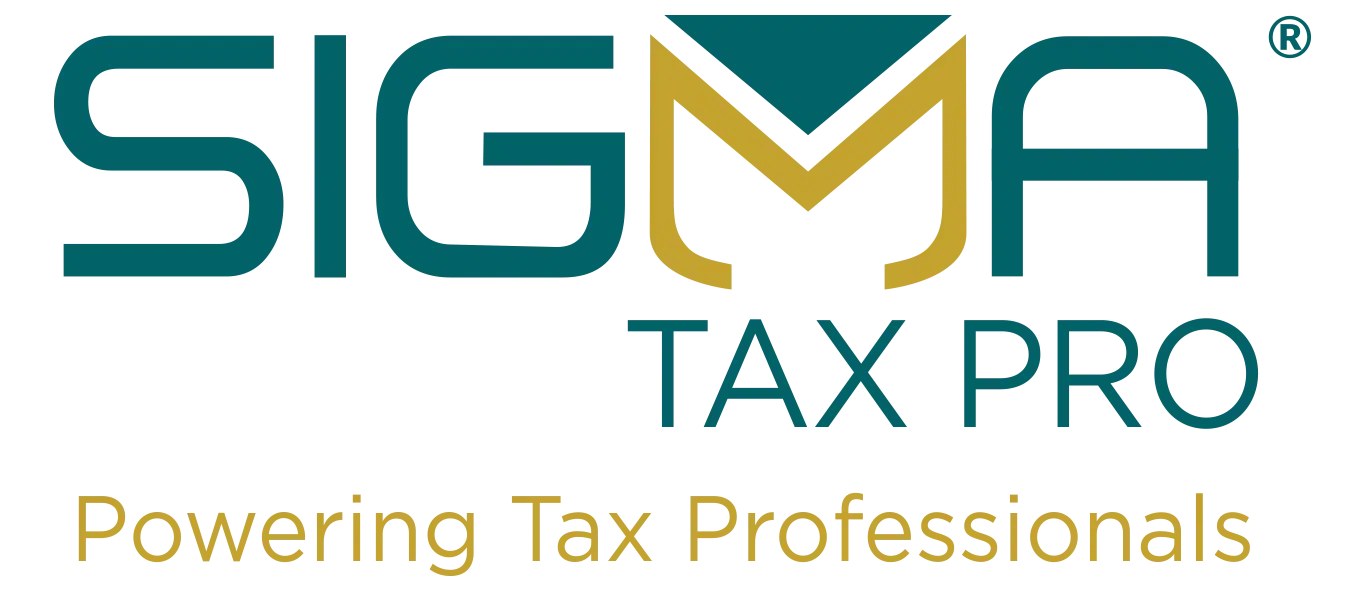
Cloud migration is becoming increasingly popular for many accountant firms. Choosing to migrate to the cloud offers numerous benefits, such as increasing data security and making it easy to access client data from nearly any location. However, following a cloud migration strategy isn’t easy for most accountants. Understanding how to safely transfer client data while keeping mistakes to a minimum, as many accountants choose to work with tech professionals to ensure a smooth cloud migration process, is essential.
A Growing Virtual Workforce and COVID Safety Measures
Going “paperless” and “virtual” can increase data safety of organization and client information. Paperless options save money (behind rent, paper and ink are the largest cost in a traditional tax office) and can add features, such as remote signatures and the ability to text your clients from within your software. These upgrades can help streamline your process while keeping data safe. Cloud-based computing is also more compatible with the growing trend of a remote workforce, and a clientele that prefers to interact via technology rather than face-to-face, for reasons typically pertaining to health and safety.
Benefits of Cloud Storage
Uploading all of your documents onto the cloud is a great option for accounts due to the almost unlimited amount of storage space. Accountant firms can easily purchase additional cloud storage space or scale back during a less busy time of the year. Adding extra storage space is much more cost-effective than buying expensive hardware or trying to maintain an in-house server for your business. The flexibility of cloud computing is just one of the many reasons it’s such a popular alternative compared to manually storing all of these records on your hard drive.
Increasing efficiency is another one of the many benefits of cloud storage. Employees can quickly access records with only a few clicks of a button without wasting time searching through countless files in an office. Improving efficiency creates a less stressful work environment for employees while also helping your firm to provide even better customer service. Ultimately, using cloud-based accounting software is a win-win situation for everyone involved.
Benefits of Cloud Computing
Cloud computing offers numerous benefits for accountants. One of the advantages of using the cloud is that it helps to boost cybersecurity for your organization. Cloud data is always protected with encryption, and it’s much more secure than storing this information on your computers in an office. You also won’t have to worry about giving in to the expensive demands of a ransomware attack, as all of your data is safely uploaded to the cloud.
Another benefit of using cloud accounting services is that this data is always available, whether in the office or at your home. Multiple employees can also work together in real-time, whether in the same room or two different cities. The accessibility of cloud computing enables employees to remain productive from nearly any location without staying inside the office at all times.
Cloud Security
The benefits of cloud computing wouldn’t mean much if it wasn’t secure. Fortunately, the use of the cloud offers additional client data protection compared to storing this information in-house. You won’t have to worry about losing any client information due to a natural disaster impacting your office or if an employee accidentally overwrites a file. Cloud accounting software allows you to create real-time data backups, which is especially important due to the ever-growing number of cybersecurity concerns.
IRS: Safeguarding Taxpayer Data – Protect Your Clients; Protect Yourself
The IRS is pressing the point of data security. Data stored locally or on the cloud should be protected and IRS publication 4557 provides a data security checklist. Advantages of storing data with a reputable cloud data company is that a large, “tech savvy” company can implement stronger security measures than a typical Tax Preparation firm.
How to Choose the Best Cloud Accounting Software?
Choosing the best cloud-based accounting software to meet your accounting firm’s needs isn’t always easy due to the numerous options available. One of the best ways to learn how to use cloud accounting software is with hands-on experience. Luckily, many cloud computing software programs allow you to take advantage of a free trial to see if it’s an excellent fit for your organization.
Following online tutorials can help you determine if a cloud accounting software program is a good fit for your business or if you need to look at other options. Comparing online reviews of different cloud service providers can help you decide which best fits your accounting firm. Asking for recommendations from others can help you narrow your selection, which saves you a lot of time and energy. Working with your IT team is also helpful in fully taking advantage of the many benefits of cloud computing.
Closing Thoughts
Cloud migration offers numerous benefits for accounting firms, large and small. Understanding all of the different benefits of using the cloud is essential, such as accessing data in real-time from any location, improving cybersecurity, and boosting employees’ productivity levels. The scalability of the cloud also gives your accounting firm much-needed flexibility to best meet the ever-changing needs of your business.
Of course, developing a cloud migration strategy with your IT team is vital in keeping downtime to a minimum and making the process as painless as possible. Working with IT professionals will help guide you throughout each stage of the cloud migration process, and they are always available if you need extra assistance. Migrating to the cloud may seem like a daunting task, but it’s well worth it for increasing cybersecurity. Now is one of the best times to consider migrating to the cloud to fully take advantage of the many benefits of using cloud-based accounting software.





